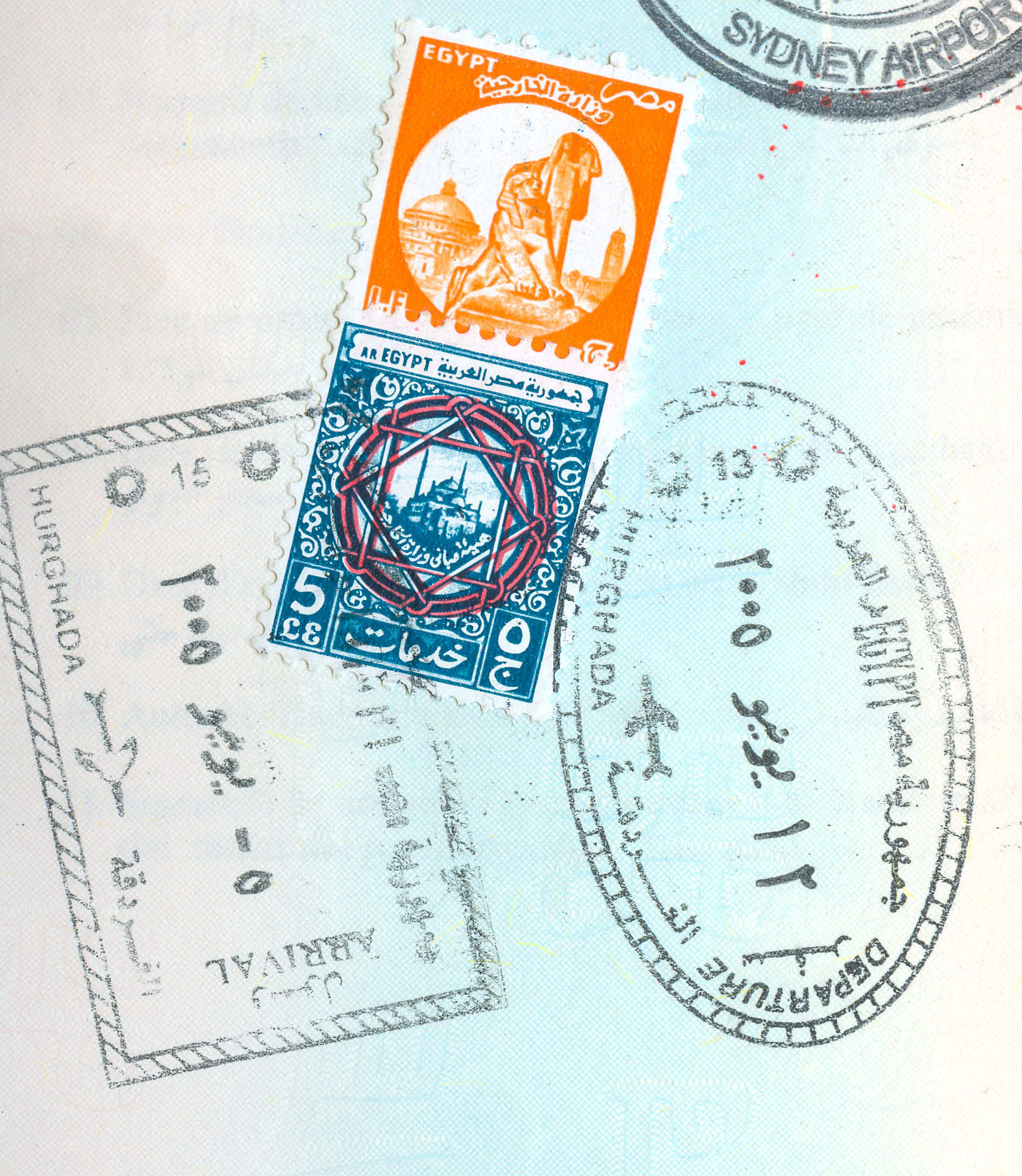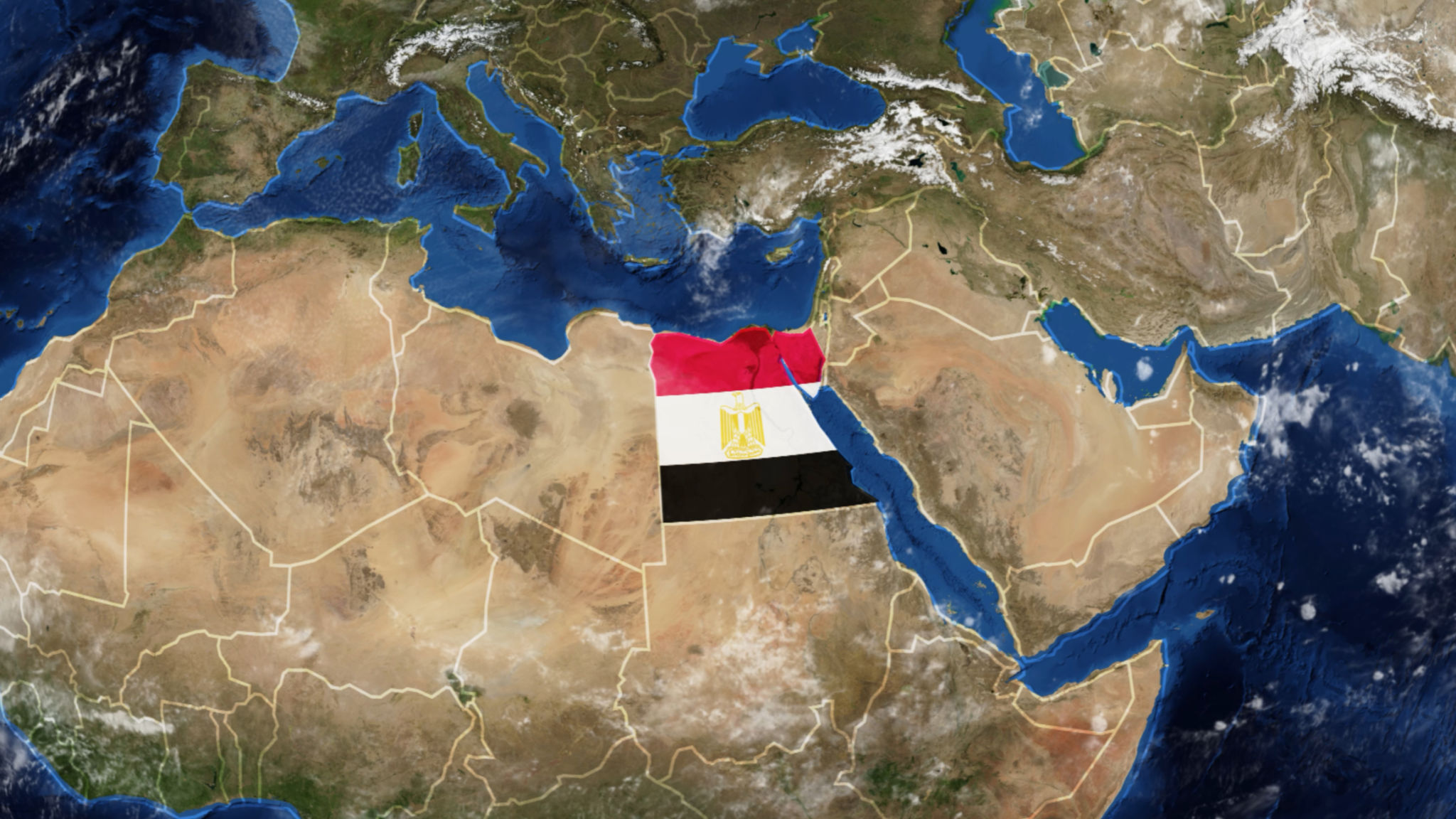Egyptian Travel Regulations: What You Need to Know Before You Go
Understanding Entry Requirements
Traveling to Egypt is an exciting adventure, but before you pack your bags, it's crucial to understand the entry requirements. Depending on your nationality, you may need a visa to enter Egypt. Most travelers can obtain a visa on arrival, valid for 30 days, or apply for an e-Visa before departure. Ensure your passport is valid for at least six months from your date of entry.

Health and Safety Guidelines
The Egyptian government has implemented specific health and safety guidelines to ensure the well-being of travelers and locals alike. It is recommended that visitors get vaccinated against common diseases such as Hepatitis A and B, typhoid, and rabies. Additionally, during your stay, drink only bottled water and avoid ice in drinks to prevent waterborne illnesses.
Amid global health concerns, regulations may include presenting a negative COVID-19 test result upon arrival. Stay updated on current health advisories to ensure compliance with any evolving requirements.
Customs Regulations
When traveling to Egypt, it is essential to be aware of the customs regulations to avoid potential issues at the border. Travelers are allowed to bring a limited quantity of duty-free goods, including 200 cigarettes, 25 cigars, or 200 grams of tobacco. However, importing certain items such as drugs, firearms, and pornography is strictly prohibited.

Currency Restrictions
The local currency in Egypt is the Egyptian Pound (EGP). Visitors can bring up to 5,000 EGP into the country, but it is advisable to carry foreign currency like USD or EUR, which can be easily exchanged. Most hotels and larger establishments accept credit cards, but it's wise to have cash for smaller vendors and tips.
Cultural Considerations
Egypt is a country rich in history and cultural traditions. As a visitor, it's important to respect local customs and dress modestly, especially when visiting religious sites. Both men and women should cover their shoulders and knees. Photography is usually allowed, but always ask permission before taking pictures of people or religious sites.

Behavioral Etiquette
Egyptians are known for their hospitality and friendliness. When interacting with locals, a simple greeting in Arabic, such as "As-salamu alaykum," can go a long way in showing respect. Tipping is customary in Egypt; it's common to tip service providers like hotel staff, taxi drivers, and guides.
Transportation Tips
Navigating around Egypt can be an adventure in itself. While taxis are readily available in major cities, it’s recommended to use reputable ride-sharing apps for safety and convenience. For longer distances, trains and buses are economical options that offer a glimpse into the local way of life. If you're feeling adventurous, consider taking a felucca ride on the Nile River.
If you plan to drive, note that traffic can be chaotic, and road rules are not strictly followed. Hiring a local driver might be a safer option if you're not accustomed to driving in such conditions.
Staying Connected
Staying connected while traveling is vital for both convenience and safety. You can purchase a local SIM card at the airport or from service providers in the city. The major telecom companies in Egypt offer affordable data plans that will keep you connected throughout your journey.

Free Wi-Fi is available in most hotels and cafes, but bear in mind that connection speeds might not always be reliable outside urban areas.
